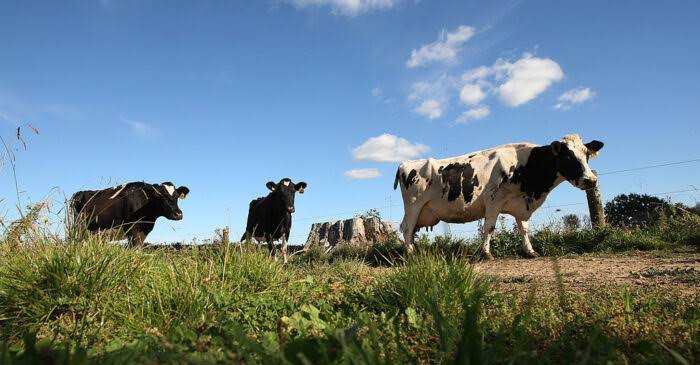New Zealand has officially ended its livestock exports by sea, citing animal welfare concerns, as the last live shipment departed from the country.
According to the Agriculture Minister , Damien O’Connor who announced this Friday,the ban comes after the sinking of livestock carrier Gulf Livestock 1 in 2020, carrying over 6,000 cattle bound for China, resulting in the death of all but two crew members and all animals on board.
The New Zealand government’s decision to end live export by sea was made in 2021 following a review of the live export sector prompted by the sinking. A two-year transition period will end on April 30, 2023. The phase-out allowed impacted farmers time to adjust their supply chains and move to different business models.
O’Connor reaffirmed the government’s commitment to animal welfare and its aim to protect its reputation as a world-leading food producer. The decision to ban live exports by sea was supported by the National Animal Welfare Advisory Committee.
“Since 2015, live exports by sea have represented only 0.32 per cent of primary sector export revenue. Whilst we acknowledge the economic benefits for some farmers, we also have to protect the international reputation of our annual $53 billion dollar primary export industry. This is why we initiated the review in 2019 and subsequently made the decision to cease live exports by sea by the end of April 2023,” said O’Connor.
O’Connor further stated that the government’s decision is part of a number of moves to protect future export growth. New Zealand will instead work with trading partners to improve the productivity and efficiency of their livestock production systems.
“As global consumer trends change, we must change alongside them or risk being left behind. This Government is committed to ensuring our farmers stay at the forefront of sustainable and ethical trade, and that every part of our food production system upholds high standards of animal welfare,” said O’Connor.




Comments are closed.